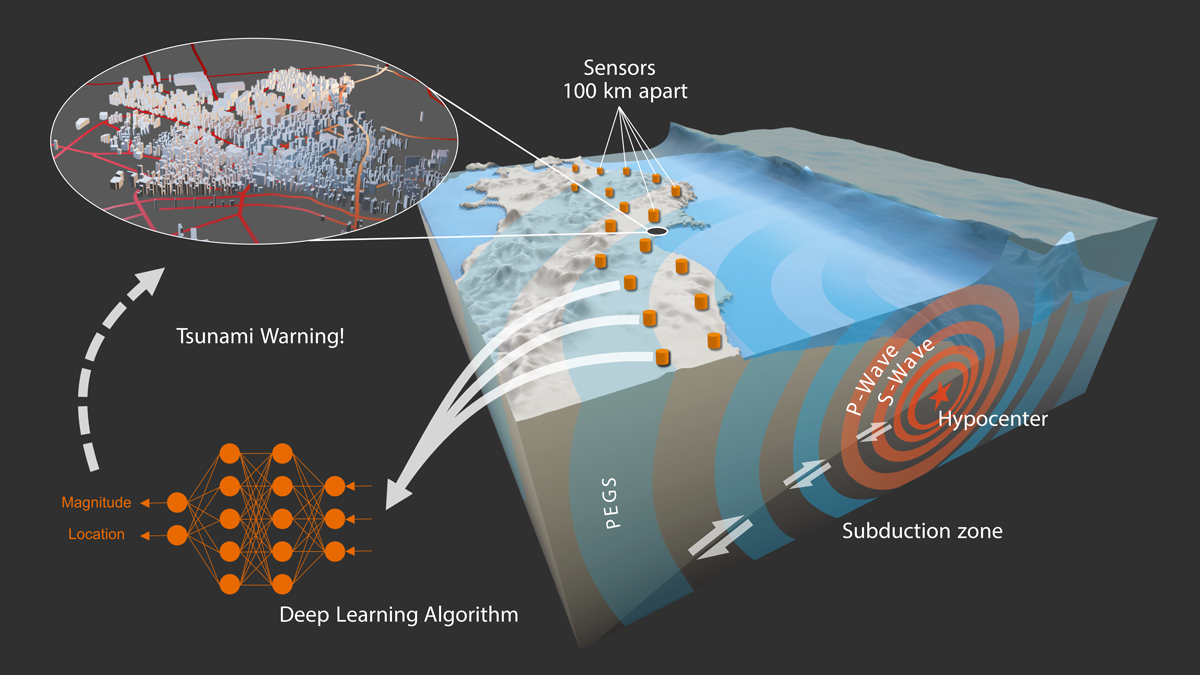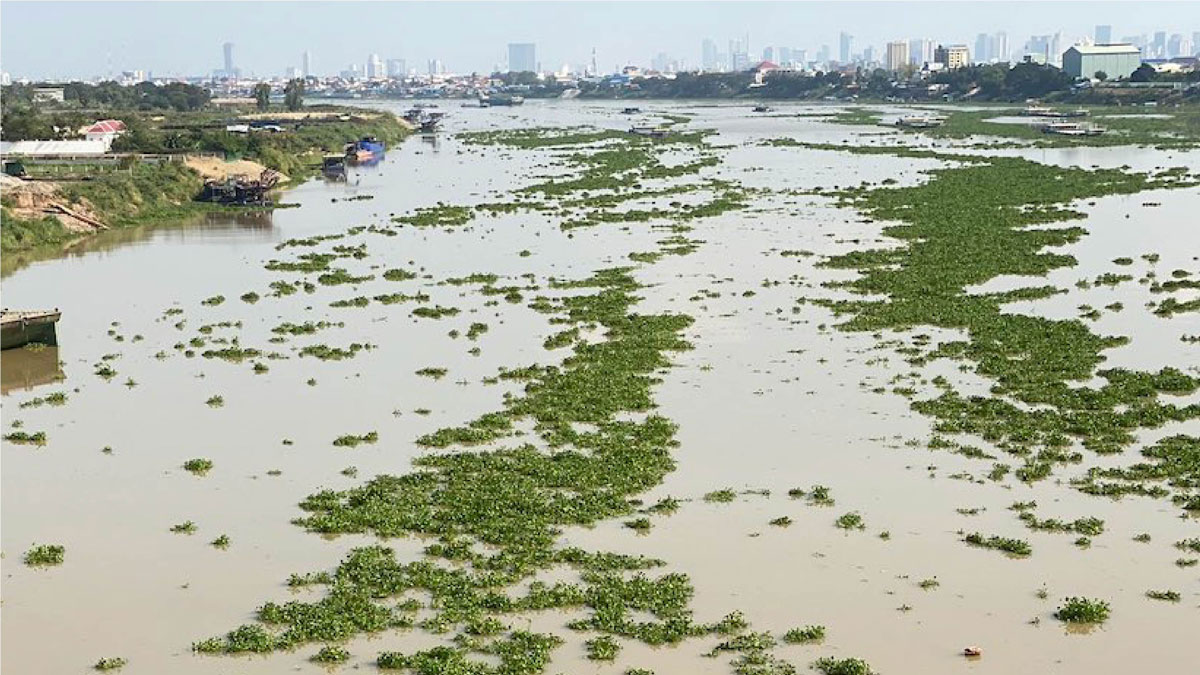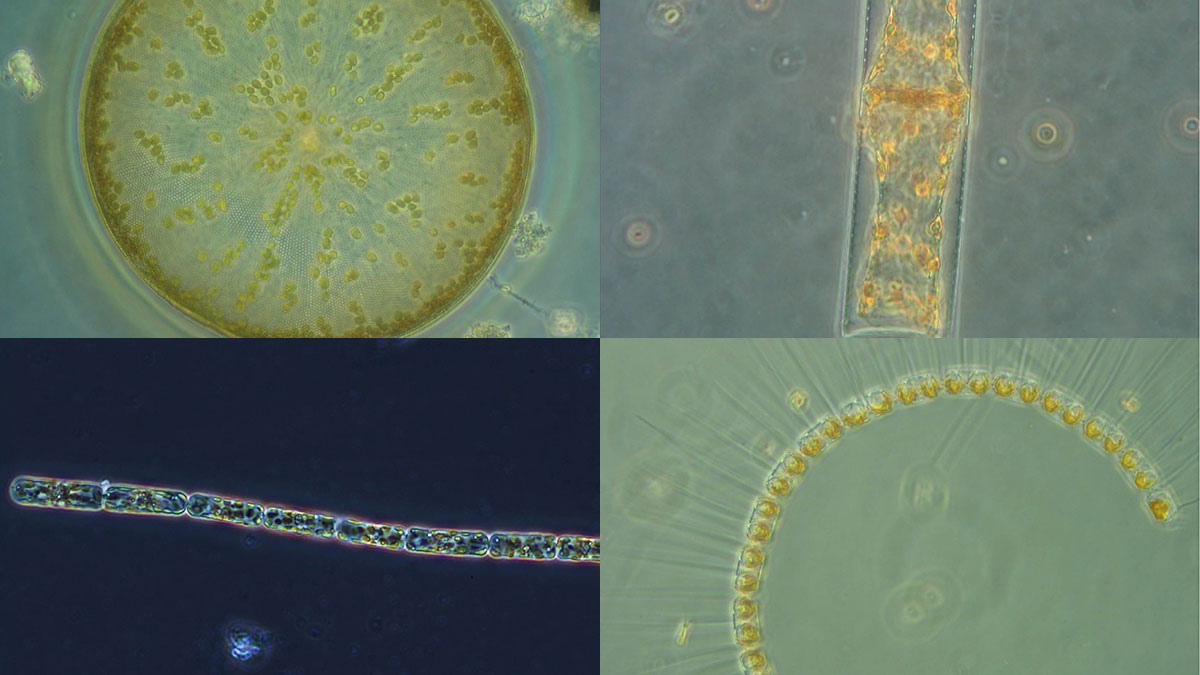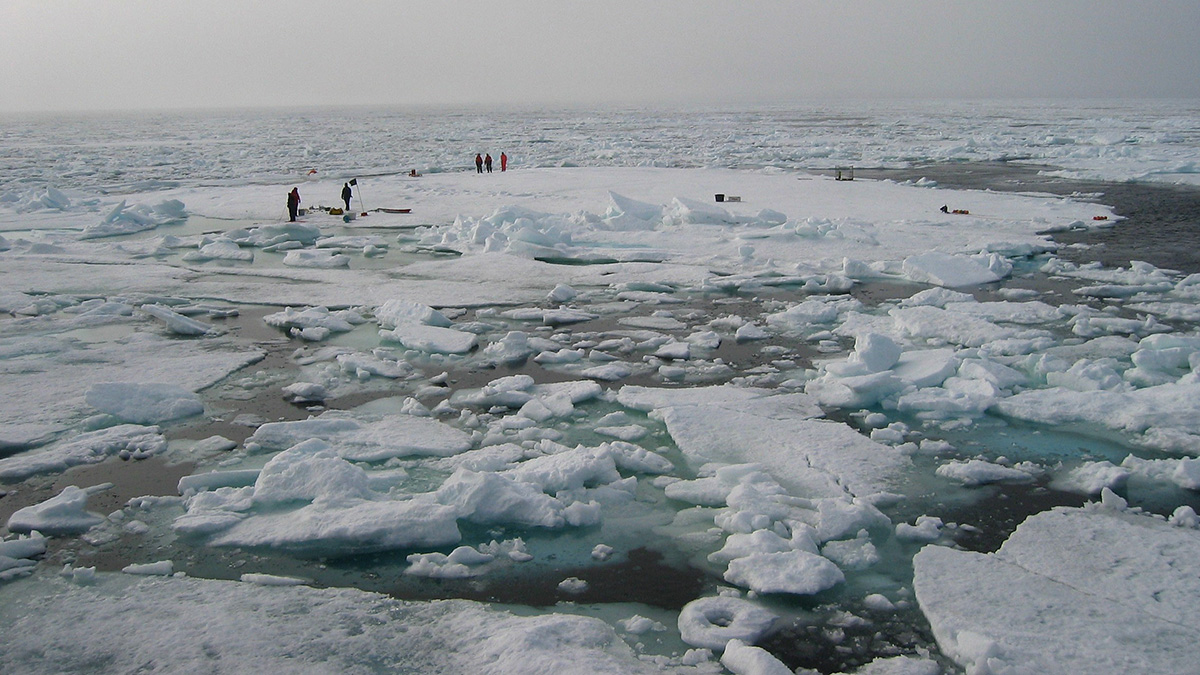Scientists are making strides in monitoring firefighters for pollutant exposure using silicone wristbands, which will become even more important as wildfires encroach on the built environment.
News
Arctic Shipping Routes Are Feeling the Heat
Climate science and the global shipping industry collide in an ice-poor Arctic.
High Schoolers Measure Earth’s Magnetism from Space
The experiment was one of the winning projects of the Astro Pi Challenge, in which hundreds of young scientists analyzed data collected from the International Space Station.
Vehículos robóticos exploran campos de batalla de la Segunda Guerra Mundial en el océano
El Proyecto Recover usa vehículos autónomos submarinos para identificar, acceder, y captar imágenes de sitios difíciles de alcanzar con restos de la Segunda Guerra Mundial, cerca de las Islas Marianas del Norte.
Holey Eclogite!
Scientists have found holes filled with minerals that indicate fluid-filled pores exist many tens of kilometers below Earth’s surface. But no, The Core fans, you still can’t get amethyst-laden geodes in the mantle.
Monitoreando terremotos a la velocidad de la luz
Nueva investigación utiliza la gravedad y un modelo de aprendizaje automático para estimar instantáneamente la magnitud y ubicación de grandes terremotos.
Remote Sensing Tracks Down “Plastic Plants” in Rivers
Researchers are using remote sensing to track floating mats of plastic trapped in water hyacinth plants.
Ocean Acidification May Drive Diatom Decline
Diatoms contribute to global oxygen production, marine food webs, and carbon sequestration, but scientists predict that diatom populations will decline due to ocean acidification associated with climate change.
Algal Mats May Be a Key to the Arctic Food Web
Melt ponds in sea ice have thriving algal communities with startlingly high levels of photosynthetic activity.
A Hail of a Night in Mexico
When a severe hailstorm hit Mexico’s capital last week, citizens began to wonder whether climate change could be the cause. But is that the right question to ask?










